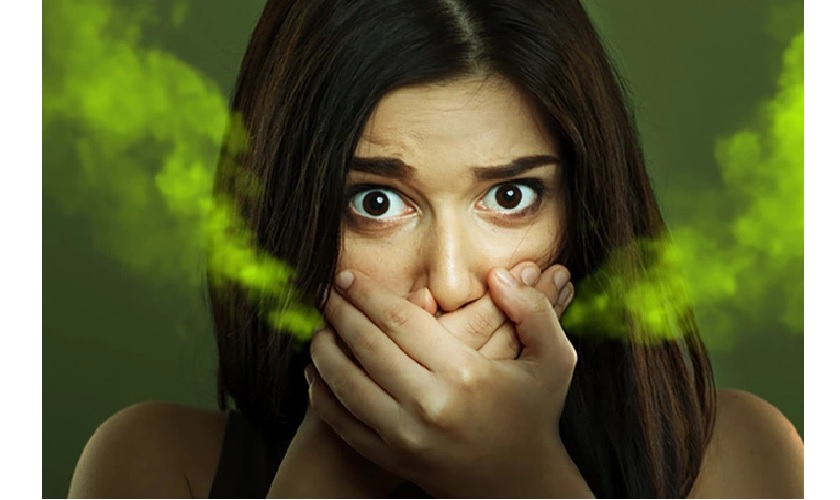Why Do You Have Bad Breath Despite Good Oral Hygiene? Causes and Effective Solutions
You brush your teeth two to three times a day, floss regularly, and use mouthwash, yet you still suffer from bad breath? This can be embarrassing, lower your confidence in social interactions, and even affect your personal and professional relationships.
Bad breath (halitosis) is not simply caused by poor hygiene. It often relates to underlying issues inside the mouth or throughout the body. Let Valis Dental Clinic help you understand the causes more deeply in this article.
1. Common Causes of Bad Breath Despite Brushing

a. Tongue Coating Not Properly Cleaned
About 60-70% of odor-causing bacteria reside on the tongue’s surface. If you only brush your teeth and neglect the tongue, bacteria will continue to grow and produce volatile sulfur compounds — the main culprit behind bad breath.
b. Dry Mouth (Reduced Saliva Production)
Saliva naturally cleans the mouth, removes bacteria, and neutralizes acids. When saliva flow is reduced (due to dehydration, mouth breathing, or medication), bacteria multiply and cause odor.
c. Gum Problems and Periodontitis
Gingivitis, gum recession, or periodontitis allow bacteria to accumulate under the gums where toothbrushes cannot reach easily. This is a common cause of persistent bad breath.
d. Tooth Decay and Heavy Tartar
Cavities and tartar build-up create ideal environments for bacteria to thrive. Even with good brushing, untreated cavities or tartar will cause bad breath.
e. Poor Cleaning of Dentures or Braces
Food debris and bacteria trapped under dentures or orthodontic appliances can cause unpleasant odors if not cleaned properly.
f. Systemic Health Issues
Conditions like acid reflux, sinus infections, diabetes, and respiratory infections can also cause bad breath despite good oral hygiene.
2. Signs That Bad Breath Is Not Just a Hygiene Issue
- Persistent bad breath despite thorough cleaning
- Strange taste or bitterness in the mouth
- Friends or family avoiding close conversations or mentioning your breath
If you notice these signs, bad breath may indicate a more serious health problem rather than just poor oral care.
3. How to Effectively Manage and Treat Bad Breath
a. Thorough Oral Cleaning
- Brush teeth properly 2–3 times daily
- Clean the tongue using specialized tools
- Use dental floss or water flossers after meals
- Rinse with alcohol-free antibacterial mouthwash
b. Stay Hydrated and Keep Your Mouth Moist
Limit alcohol and coffee, and drink water regularly to stimulate saliva production.
c. Regular Dental Check-ups Every 3–6 Months
At Valis Dental Clinic, we offer:
- Tartar removal and teeth polishing
- Gum disease and cavity treatment
- Personalized hygiene advice
d. Treat Underlying Health Conditions
If related to acid reflux, sinus infections, or other illnesses, coordinate treatment with appropriate specialists.
e. Avoid Odor-Causing Foods
Garlic, onions, alcohol, and tobacco are major contributors to bad breath.
4. Valis Dental Clinic – Comprehensive Solutions for Fresh Breath
We provide not only bad breath treatment but also overall oral health improvement with:
- Advanced diagnostic equipment
- Experienced specialist dentists
- Personalized treatment plans
- Clean, private, and comfortable clinic environment
Conclusion
Bad breath despite good oral hygiene is common but should not be ignored. Identifying the true cause and choosing the right treatment is key to regaining confidence and social comfort.
If you struggle with persistent bad breath, let Valis Dental Clinic support you with comprehensive and lasting care.




